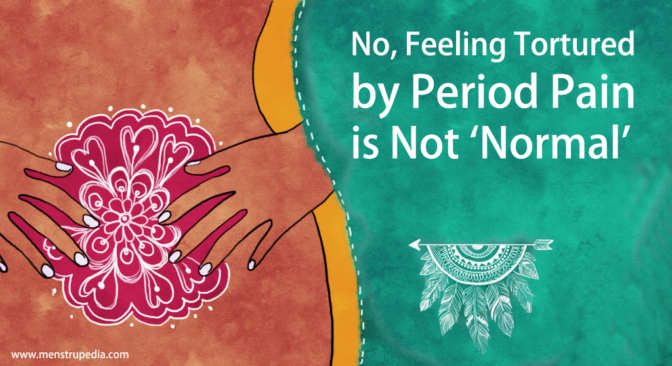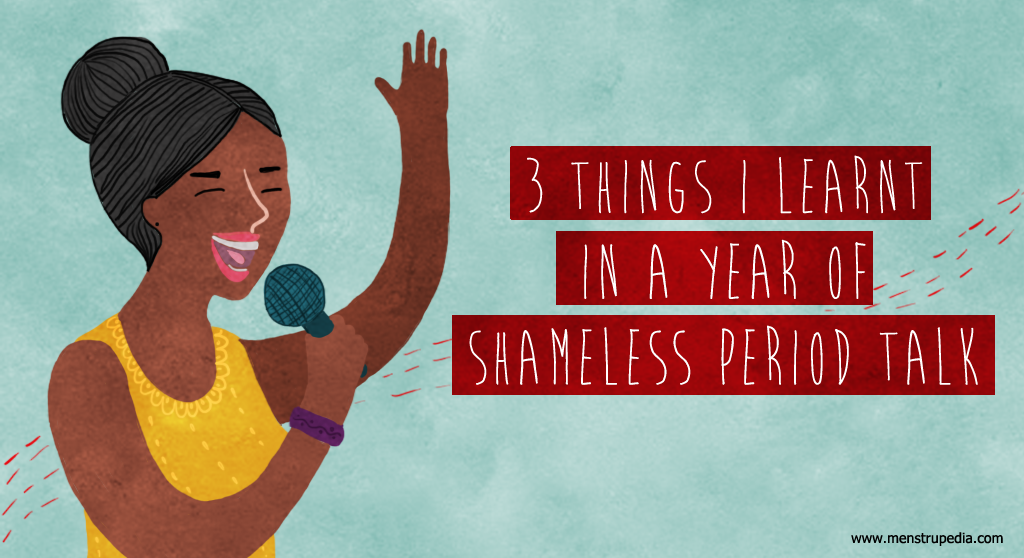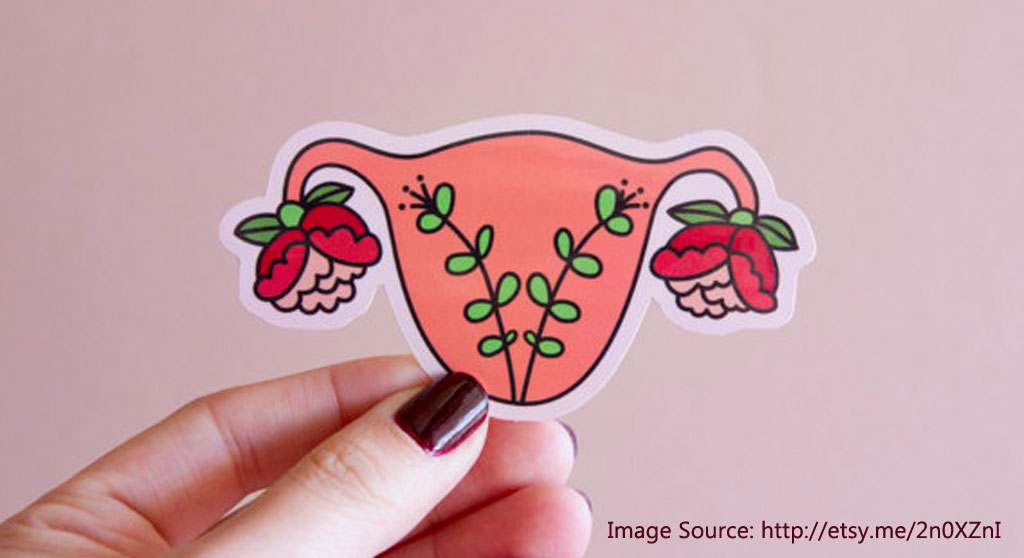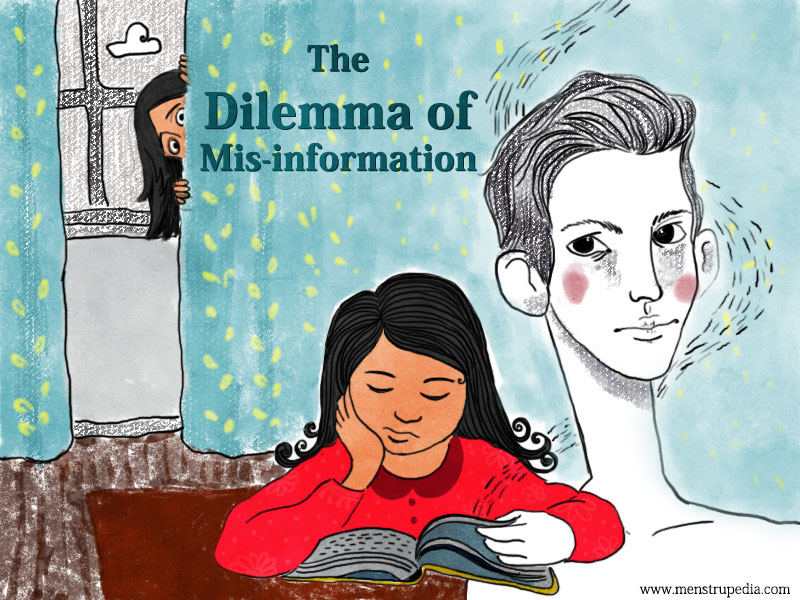A friend asked me, “Are you anxious? Are you scared?” For the first time in three months, I wasn’t as scared. After all, I was getting closer to a diagnosis. It was the day I had given my blood samples for a test to determine whether I had ovarian tumour or cancer. I had been bleeding excessively for three months and had chronic pain in my lower abdomen.
Thankfully for me, except for the Cancer Antigen (CA) 125, which showed extremely high levels — 932 at one time and 887 during another (normal levels are between 0-35 mm) — the rest of the markers were normal. In other words, the possibility of me having any form of tumour was ruled out. I heaved a sigh of relief.
But my routine had become getting a test done in the morning and visiting the doctor with the reports in the evening. I was commuting 50 km daily via cabs, because I was not physically fit to rough it up like my usual self. I also had to meet an oncologist for his expert opinion on further treatment — waiting to hear his opinion and hanging in there was not easy. I was dealing with a lot of intense emotions and feelings.
I was told that my case was an exception and that I escaped a tumour despite such high Cancer antigen levels. On a lighter note, I told myself that I truly was an unconventional human being. Humour came to my rescue.
The high levels confirmed that I had endometriosis and an ultrasound and MRI confirmed that I had diffused adenomyosis.
To move away from medical terms, endometriosis is a condition in which the tissue similar to the lining inside the uterus (endometrium), is found outside the uterus, where it induces a chronic inflammatory reaction that may result in scar tissue.
The repercussions of having this? While it’s considered ‘normal’ for a woman to get cramps during periods, I would be in chronic pain, sometimes even six to seven hours at a stretch. There were days when I was not able to walk from my bathroom to my room because I was bleeding and in excruciating pain. I would vomit often and my feet would go numb. My haemoglobin count went down to 6.7 because I was bleeding for three months. There were days when I changed six to seven XXXL sanitary napkins in two hours. I was seeing a lot of blood and it was a scary thing to see that daily.
Treatment was long-term injections which would reduce the CA 125 levels. I took the first injection last week and based on how my body copes, the doctor will decide how many more I need.
When your medical insurance company does not take your health seriously
In the hospital where I was admitted to increase my haemoglobin count, I was put on iron drips and given the injection. Each injection costs Rs 10,000 and I will require a couple more. My medical insurance company does not consider this serious and my claim for cashless treatment has been denied twice. Even as I have been told to apply for reimbursement, I hear that I have only a two to three percent chance of getting it covered under reimbursement.
I have been running from pillar to post to get a logical answer from the insurance company. But to them, it does not seem serious. The call centre in Chennai said that I was fine, and I do not have cancer. I was furious!
One of the agents at the insurance company said that this is business after all.
I was surprised at how these remarks were passed on causally and how a patient has little say in all of this. My head was screwed up.
The time I felt none of this was making sense
I had changed four to five gynaecologists. None of the medicines the doctors gave were working. None of the doctors cared enough to find a diagnosis.
In my initial days, I was taken to the emergency section in hospitals and put on IV drips. I was admitted in one of the better hospitals of Mumbai where I would ask a doctor, “What is happening to me. Why is it still paining?” She would say that the lining that sheds during periods has become thick and that is the reason for my pain. When I asked what the solution was, she would repeat the same statement and add, “you also have PCOS and are overweight”. She would say that I had to tolerate the pain.
However, in my mind, none of this was making any sense. How can the bleeding and pain continue for three months despite all the heavy dose of medications? Why wasn’t any medicine working on me?
Why is it important to have a doctor who cares?
Thankfully for me, two friends took my reports and consulted one of the best gynaecologists. The doctor looked at all my medical reports and told them that this was a serious issue. Until then, it was only polycystic ovary syndrome that I was dealing with.
When my pain reduced, I went and met him one day. He looked me in the eye and said, “You, my girl, have gone through a lot.” He reassured me saying, “Do not worry, we will get you out of this. I have to find the root cause and want to find the culprit causing the pain and the bleeding. Only then, will I rest my case.”
Eventually, he suggested some more tests and when my CA results were high, he said he had two sleepless nights. He genuinely seemed worried; he knew when to lighten the mood and when to calm me down.
The doctor was speaking from 31 years of experience. For every test result, he had a plan ready. He also read up on previous cases similar to mine. He wasn’t the kind of doctor who gave the patient five medicines and said the medicines would take care of it. It made me realise that we need doctors who are empathetic towards the patient. I felt a lot better meeting a doctor who cared.
For me, coping with my pain was one of the biggest challenges. How many medicines could I really pop?
Coping with pain and figuring out things that worked for me
Eventually, I formed coping mechanisms to endure the pain. I would pick up the phone, dial a friend and cry — I had never seen myself so vulnerable. For my friends, I was this strong and independent girl, and they were taken aback. It took me time to figure out my support system, but I was filled with gratitude to see so many people wanting to listen to me. Sometimes, that’s all you need.
I did get into the “why me” and “what was happening to me” phase. The otherwise happy person that I was, was lost. I eventually realised that I was allowed to be lost .What I was going through was not in my control.
This was the time when I did not have a diagnosis in place. I was helpless and was dependent on people. There were days when I could not hold my phone and type because the pain was that intense. I wanted to talk, but the pain was so much at times, that words would not come out of my mouth. Things were going on and on in my mind. Friends and family members would ask me, how I was doing and I would say, “I am better than yesterday; it is not paining as bad as it was paining yesterday.” Or I would compare to a day and say, “This pain is even more than the pain I had in the hospital.” I had a benchmark like that.
My normal had changed. I did not know how to plan my day as it revolved around pain. I was never the kind who cancelled on plans at the last minute. But now, I had no control.
Sometimes to distract myself, I would work from home. However, I was not able to give my 100 percent. It did get frustrating. Fortunately, for me, my workplace has been supportive and they gave me that space.
One thing I realised while going through pain was that, at times, we really have to let go. Not everything is in our control and, at that moment, we have to accept the situation as it is. Yes, we may lose friends in the process, we may become irritated and bitter. However, eventually, everything falls into place.
Whenever negative thoughts would come to my mind, I would write it all down. I was dealing with helplessness, the feeling of being not good enough and self-pity poured in. I then used the same pain to strive hard to get better.
Eventually, with the help of therapy and healing sessions, I got better in coping with my pain. By that I mean I realised that pain can be psychosomatic too. There are stress hormones that work in our body and we do not even know how they are affecting us.
The body does give us signs when something chronic is about to happen. In my case, I was ignoring those signs for the longest time. However, this year’s goal is to get my health on track — both physical and mental.
And so I turned to spirituality. I started meditating and waking up earlier in the morning. I would watch plants in my balcony, see the different shades of green in them. I started clicking pictures in between visits to the doctor.
I tried to do things around my pain. Some people called me strong, while others thought I had changed. It was disturbing. I let all of it flow and tried to not let these thoughts affect me. It wasn’t the easiest thing to do. Eventually, I survived.
Pain does have psychological effects on a patient
I won’t say I have come out of my condition and figured out a perfect solution, but I am a lot better than before. Pain management is something that I have learnt with time. I have not resumed work yet because I know it will take time for me to get back to my regular, hyperactive routine. I am also aware that I will not be able to travel for a couple of months. Usually, I’d have been bitter. I would be telling myself that I am not able to follow my passion. Now, I realise that it is sometimes necessary to look inwards. Perhaps, what I am seeking outside — the journey — is within me.
Today, when I chose to open up about my disease it is only because I want to spread awareness that what might sometimes look like a painful period can be a lot more. There is a difference between pain and chronic pain and it does have a psychological effect on the patient.
If you are someone who is going through this phase in life, has dealt with chronic pain yourself or dealing with a loved one going through something similar, my heart is with you. And I’d say, please give it time.
Author: Deepti Khera
This article was originally published on theladiesfingre.com here.








